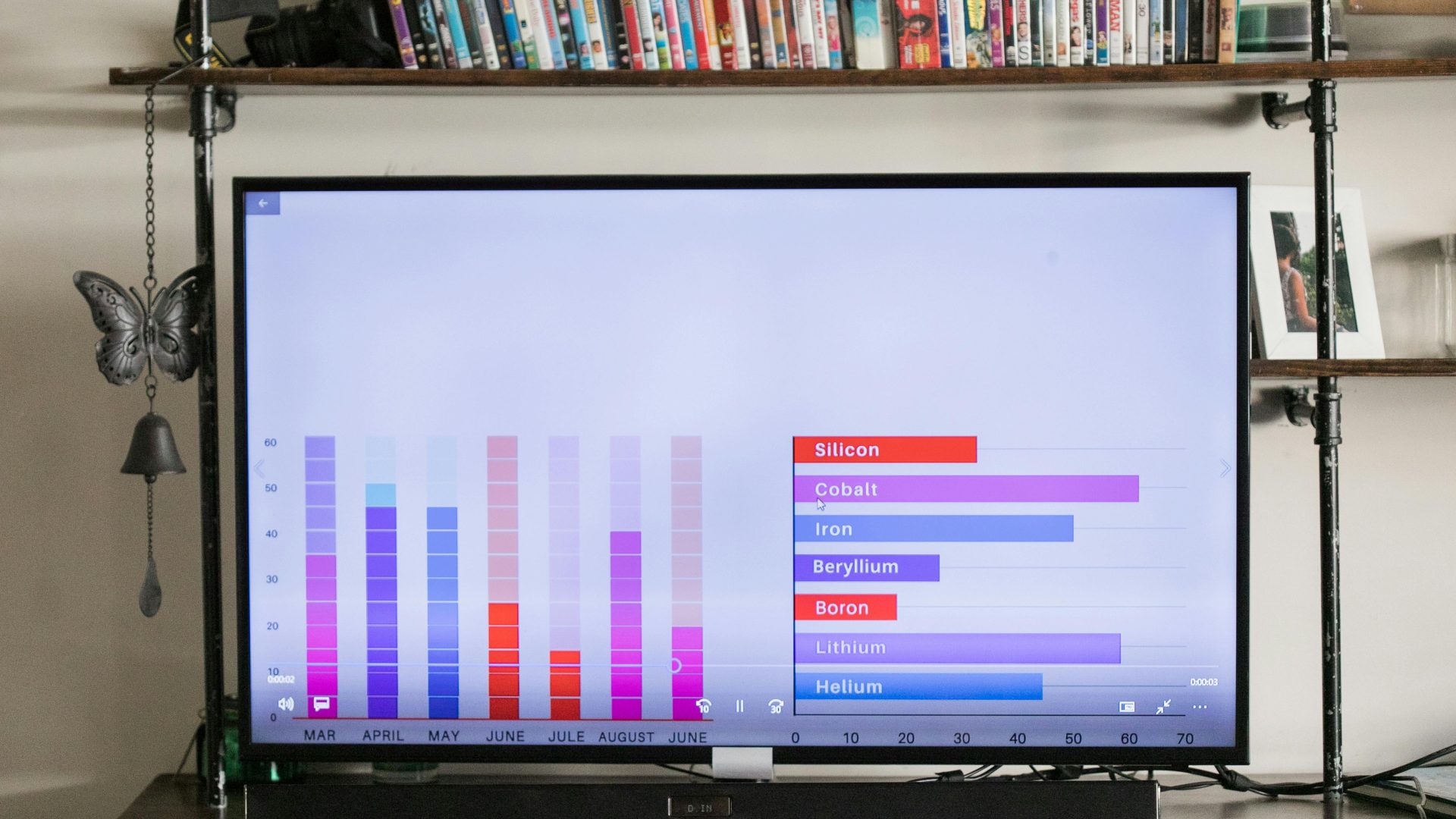What exactly is “psy-ops”?
I can’t help but feel that psy-ops and debunking are two sides of the same coin. Am I onto something here?
Having dedicated a significant part of my adult life to exploring the cosmos, astronomy, space, sci-fi, and the UFO phenomenon, I believe I have a solid understanding of reality and the distinctions between entertainment, media, and education.
With a background in these fields, I’ve developed an interest in the recent neo-realist UFO movement, and I’m genuinely alarmed by how far right the discourse has shifted.
What was once a left-leaning, open, and engaging dialogue about research, collaboration, and exploration has morphed into something quite different. Initially, this topic was playful; it encompassed an element of fun along with intrigue.
The pivotal moment for this subject, in my view, occurred around 2018-2019 when a noticeable shift started to blend realism with more fantastical narratives. There’s a troubling undertone emerging that I can’t quite identify.
It’s not the commercialization— that trend began in the ’90s with shows like The X-Files, the rise of box sets, third-generation gaming, and the emergence of social media.
What’s concerning is a deeply-rooted atmosphere that feels somewhat cult-like. I can’t determine if people are engaged in role play, if artificial intelligence is infiltrating the conversation, or if this fascination is becoming increasingly privatized.
The religious aspect surrounding organizations like TTS Academy, SG (CE5), and NN (RC) seems to dilute the original subject matter in an effort to attract a new demographic. This shift is where my confusion lies.
Reddit is teeming with young adults, and it’s no secret that AI bots are prevalent too. With platforms like TikTok and Instagram reshaping perceptions for a new generation, I can’t help but question whether the real psy-op is originating from there.
I’ve recently been labeled a psy-op, a troll, and a debunker—simply for pointing out that multimedia images and words cannot be taken at face value or presented as definitive evidence. Suggesting otherwise is simply absurd. We all know this.
It was L.E’s assertion in a conversation with R.C on NN that about 98% of UFO material online is fake. I consider that a conservative estimate. The reality remains that media can be manipulated, and that’s an undeniable truth that many try to obscure.
But truly, what is the actual psy-op here? What does “psy-op” even mean? Do people genuinely believe that with all that is happening in the world, there exists a government department dedicated to trolling Reddit to debunk, discredit, or spread misinformation? Are they attempting to uphold claims made over 50 years ago to prevent disclosure about secret alien technology?
When referring to “MIB” on Reddit—are we witnessing a peculiar role-play scenario or some form of 4D realism LARP? Does it serve as a mental anchor for individuals who view themselves as truth-seekers, akin to a lighter version of Fox Mulder, constantly thwarted?
Sure, The Matrix was ahead of its time, but is there really a grand game of theatre unfolding that the majority of us are oblivious to? If so, who is writing the script?

Your post raises many interesting points about the evolution of discussions around UFOs and the broader implications of psychological operations (psy-ops) in contemporary discourse. Here’s my take on some of the key issues you’ve brought up:
Understanding Psy-ops: Psychological operations (psy-ops) are strategic communications aimed at influencing emotions, motives, and behaviors. In the context of UFO discussions, this could manifest as misinformation campaigns, discrediting dissenters, or promoting specific narratives. It seems you are grappling with the idea that many discussions online might be artificially polarized or manipulated, especially in relation to the UFO movement.
Debunking vs. Psy-ops: You’re right to draw a connection between debunking misinformation and the notion of psy-ops. Both can play roles in shaping narratives, though with different intentions. Debunking seeks to clarify truths, while psy-ops can be about steering conversation or belief systems for specific outcomes. The challenge lies in discerning which voices are genuinely attempting to foster understanding versus which may be attempting to manipulate or control the narrative.
Shifts in the UFO Discourse: Your observation about the UFO community’s shift in tone and focus is spot on. Historically, UFO discussions have encompassed a broad spectrum of ideas—ranging from scientific exploration to imaginative narratives. The commercialization and politicization you’ve mentioned undoubtedly play a role in how the subject is perceived and discussed. As you note, a feeling of ‘culty’ behavior may indicate that some narratives are becoming more dogmatic, often at the expense of open inquiry and discussion.
Influence of Technology and Social Media: The proliferation of AI and social media definitely complicates the landscape. As you mentioned, it can be difficult to discern genuine engagement from bot-driven discourse or sensationalism. This manifests as a challenge in navigating credible information while determining community authenticity.
The Role of the Individual: The frustration you feel about being labeled a ‘psy-op’ or a ‘debunker’ demonstrates a phenomenon often seen in online spaces: when questioning mainstream narratives or discussing the validity of evidence, one can attract unwarranted skepticism or hostility. It points to a potential echo chamber effect that can stifle genuine debate.
The Big Picture: Your pondering of a “bigger theatre/drama game” raises a crucial question about the nature of truth in the age of information overload. Is there a master narrative being constructed, and by whom? While it’s easy to see conspiracies in communication, it’s also important to remember that the complexity of contemporary media often leads to misinformation and misunderstandings arising from multiple disconnected sources rather than a singular orchestrated plan.
In conclusion, it feels as though the UFO topic is indeed at a crossroads—caught between genuine inquiry, manipulation, and the rapidly shifting sands of societal perceptions fueled by technology. Engaging critically and thoughtfully in these discussions remains paramount, and your contributions toward emphasizing discernment show promise in steering the conversation back to a more open, collaborative ethos.